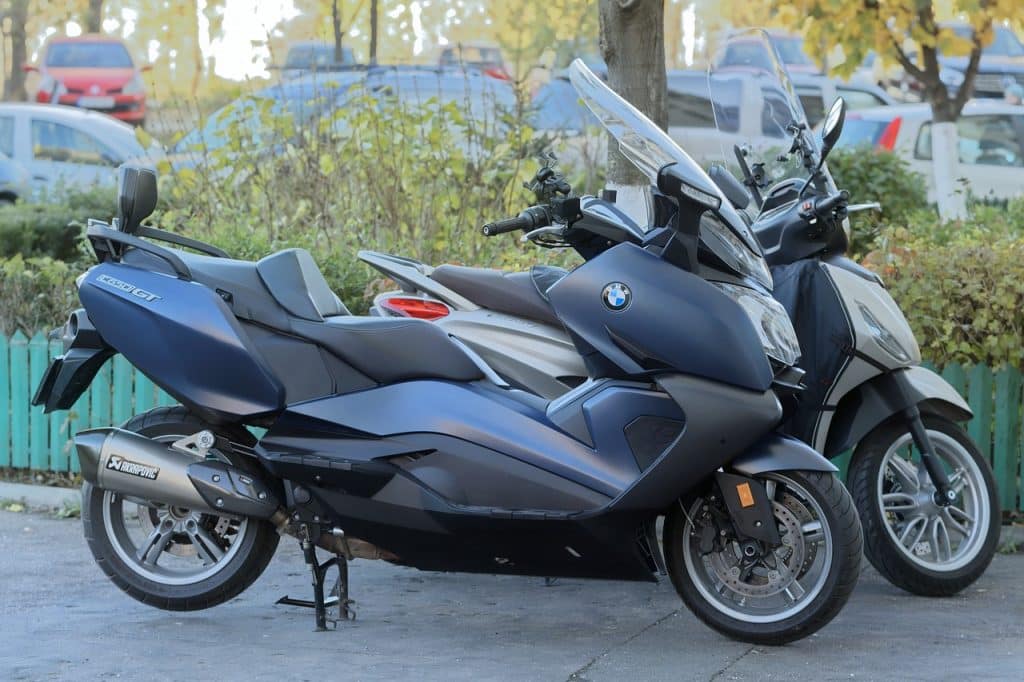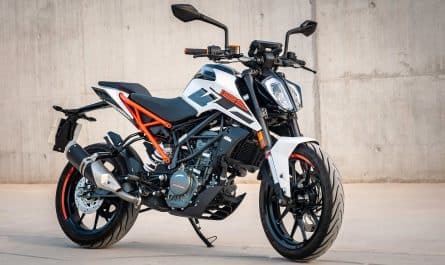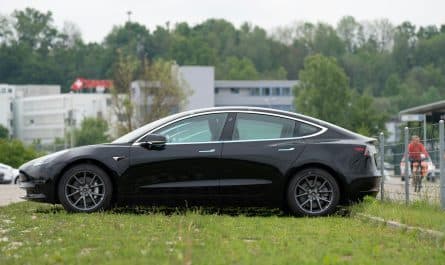The rise of electric motorcycles is revolutionizing the world of two-wheelers. Many now wonder if these vehicles are really more economical on a daily basis, particularly in terms of maintenance. Let’s find out together why maintaining an electric motorcycle generally costs less than that of a thermal motorcycle.
Mechanical simplicity and cost reduction
When you look closely at the differences between an electric motorcycle and a thermal motorcycle, the first thing that jumps out at you is the mechanical simplicity of electric models. THE motors of electric models are comparatively simpler than internal combustion engines.
Indeed, a heat engine requires many components to function correctly: pistons, valves, belts, spark plugs and others. Any of these items can wear out and require regular repairs or replacements. This is why we often observe a high rate of breakdowns on thermal engines.
Fewer moving components
THE motors of electric models, on the other hand, have far fewer moving parts. This means fewer things that can break down or require replacement. Less time spent going to the garage equals a considerable time saving.
More specifically, an electric motor does not need extremely sensitive components such as spark plugs or air filters. As a result, the maintenance forecast remains much lower than that of a thermal motorcycle.
Absence of mechanical fluids
Another key element that reduces the maintenance costs of an electric motorcycle is the absence of mechanical fluids like engine oil, coolant and even the fuel itself. Traditional maintenance related to these fluids – regular drains, checks and refills – is no longer necessary.
Once again, this leads to a financial gain significant in the long term. You can say goodbye to oil costs and save a few extra dollars for every missed appointment with the mechanic.
Durability of main components
The core components of an electric motorcycle are designed to last. Take for example the battery, the real heart of these modern machines. Although it represents a significant initial cost, its durability plays a major role in reducing maintenance costs.
Long-lasting batteries
Contrary to popular belief, most electric motorcycle batteries today have excellent longevity. Thanks to technological advances, they can easily provide several years of reliable service before showing signs of wear. Fewer moments spent worrying about battery replacement once again means a time saving.
Extendable warranties and recycling options also help extend the effective life of batteries. Speaking of quality components, we should also note that the integrated electronic management systems allow continuous optimization of the performance of these batteries.
Less risk of breakdowns
According to various studies, electric mopeds present a engine failure rate significantly lower than their thermal counterparts. This is mainly due to the reduced number of parts likely to be damaged but also to a design resolutely focused on reliability.
This means not only financial savings but also increased peace of mind. Driving with confidence, without fear of breaking down at any moment, brings a certain serenity worthy of emphasis.
Reduced maintenance to be expected
Taking general maintenance routines as an example, you will quickly notice how the needs differ between the two types of motorcycles. First, let’s take a quick look at the typical maintenance schedule for each.
Electric motorcycle: Maximum simplicity
L’maintenance of an electric motorcycle is literally minimized to its very essence. Here are some interventions to plan:
- Periodic inspection of the electrical system
- Checking the condition of cables and connections
- Chain or belt monitoring (for some models)
These simple tasks rarely require heavy or costly professional intervention, which greatly optimizes the profitability of the daily use of an electric motorcycle.
Thermal motorcycle: Constant work
Conversely, maintaining a thermal motorcycle requires following a rigorous regular program including:
- Replacing engine oil every X kilometers
- Changing air, oil and fuel filters
- Frequent adjustments of valve and ignition settings
- Cleaning the carburetor
All of this entails not only regular visits to the mechanic but also significant recurring expenses, leading to a rapid accumulation of costs. maintenance costs.
Overall financial impact
Beyond the technical details, it is important to consider the overall financial impact of the two choices. Analyze the total amount spent over several years of ownership and see for yourself the glaring discrepancy.
Optimal energy efficiency
In addition to their simple maintenance, electric motorcycles also excel in terms of fuel efficiency. The energy consumption to recharge a battery is much less expensive than the repeated purchase of fossil fuel. Transform these direct energy savings into direct financial benefits in the medium and long term.
Additionally, some regions offer special tax incentives for electric vehicle owners, further amplifying the financial gain achieved.
Savings on spare parts
As mentioned previously, the components of a thermal motorcycle tend to wear out more quickly. Think about the multiple elements requiring periodic replacement: transmission belts, seals, pistons, etc. All these purchases end up weighing heavily on your wallet.
Conversely, necessary repairs or replacements on an electric motorcycle remain rare. After all, less than components that wear out easily also means fewer unexpected expenses.
The verdict seems obvious:maintenance of an electric motorcycle brings down costs that are much lower than those imposed by a thermal motorcycle. Due to the lower complexity of its mechanisms, the low maintenance requirements, as well as a low breakdown rate due to an optimized design, the electric motorcycle is gradually establishing itself as the economic choice par excellence.
For those wishing to adopt a sustainable mode of transport, not requiring constant trips to the garage and guaranteeing a certain peace of mind, the electric motorcycle offers an unbeatable comfort/price ratio. The simple fact of reducing human intervention already makes this option particularly attractive.
Not to mention that the environment will certainly thank you for it!








